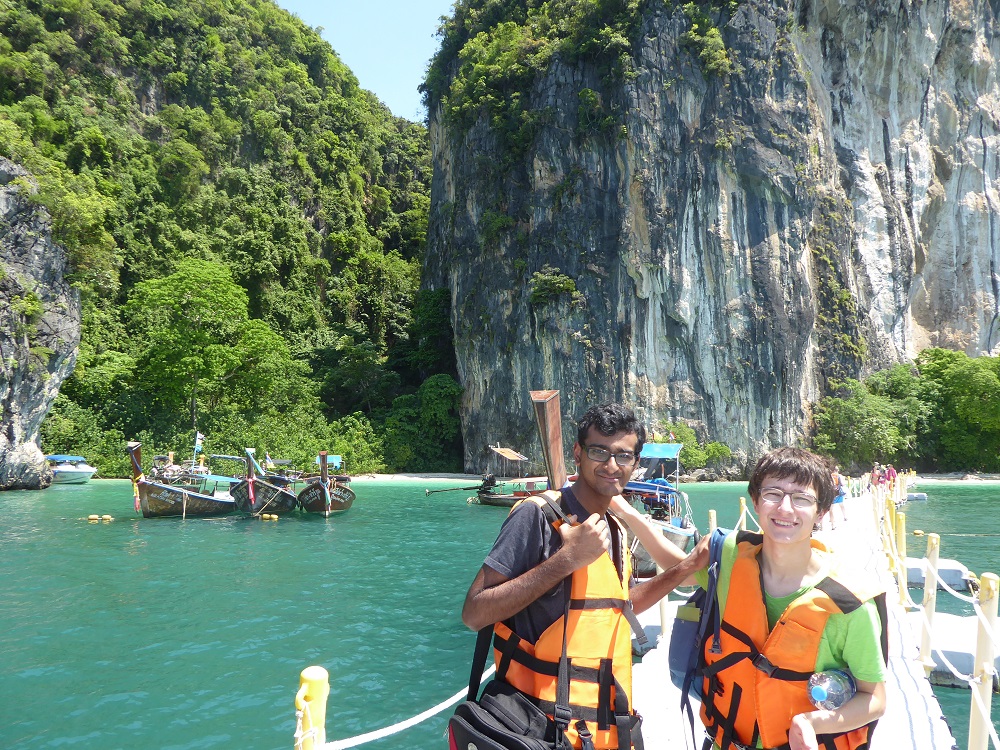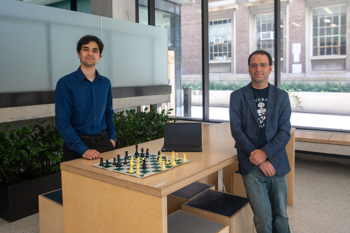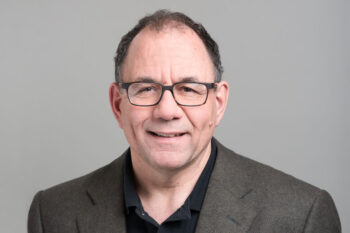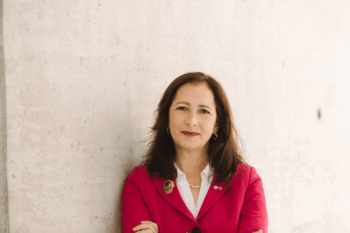Christopher Alexiev (Year 2 EngSci) spent the summer after his first year in Singapore, blasting lasers through microscopic channels in solid diamond.
“I got to tinker with all sorts of cool equipment — lasers, spectrometers, microscopes, oscilloscopes, single photon detectors,” he says. “I felt like a kid in a candy store.”
Alexiev was completing a research exchange at the National University of Singapore (NUS). His work focused on developing new ways to study crystal structure defects in diamond and created diamond-embedded optical circuits. This research has promising applications in fields such as quantum computing.
“It was eye-opening to discover how creative and multi-faceted experimental physics research is, and how it is deeply interwoven with engineering,” says Alexiev.
Alexiev was among about a dozen Engineering Science students at NUS that summer. This year, the cohort is set to be even larger.
“We’ve been sending students to NUS for more than a decade,” says Scott Sleeth, Curriculum Officer in U of T Engineering’s Division of Engineering Science. “It started there because they also have an Engineering Science program, but the number of partners has grown a lot over the years.”
This summer, nearly 50 EngSci students — approximately 50% more than last year — will head overseas for research placements at NUS and more than a dozen other partner institutions, including Osaka University (Osaka, Japan), Technion (Haifa, Israel) and the Technical University of Darmstadt (Darmstadt, Germany).
“A lot of these connections have come through our alumni, many of whom are now faculty members at these institutions” says Sleeth. “They know firsthand the curiosity, dedication, and enthusiasm of our students, and the value of building relationships between institutions.”
Alexiev went to NUS through the Engineering Science Research Opportunities Program – Global (ESROP-Global), which is one of many pathways through which U of T Engineering students gain international experience.
In 2018–2019, 89 students completed either course-based or research exchanges around the world (including through ESROP) and a further 85 spent the year working outside of Canada through the Professional Experience Year Co-op program. Many more students collaborated with teams at other institutions around the world through the International Capstone Course or projects facilitated by the Centre for Global Engineering.
In addition to the opportunity to conduct leading-edge research, Alexiev valued the opportunities he had to immerse himself in the culture of Singapore, as well as other countries along the way, including Thailand and Japan.

“We can all benefit by sharing viewpoints and information among the world’s many societies,” says Alexiev. “Being open to understanding others’ experiences helped me be a better engineer.”
This summer, Alexiev plans to go abroad again, this time to conduct research at the Max Planck Institute for the Structure and Dynamics of Matter in Hamburg, Germany.
“At NUS, I saw some of the work they were doing with a particle accelerator,” he says. “It got me interested in that type of work, so this time I’ll be working with one on a technique called femtosecond electron diffraction, which we’ll use to study the properties of materials.”
Alexiev is also passing on what he learned. He and the other students who were at NUS last summer met this month with some of those set to go abroad this year. They shared perspectives, stories, and helpful tips, and exchanged contact information to facilitate future mentoring. Jason Yuan (Year 2 EngSci) was in the room.
“The research opportunities at NUS align really well with my interests,” says Yuan, who will travel to Singapore this summer to work in the same lab that Alexiev did. “I am feeling a little nervous, but also really excited to visit Singapore for the first time and meet the others working on the project.”
Sleeth has heard similar stories from all the students.
“There’s a saying I like: ‘Global solutions cannot be found by those whose universe ends in the next town or province,’” he says. “We are training the next generation of engineers to confront challenges that have no borders. Programs like ours give them global perspectives.”



